Where to Find Reliable Dental Clinics in Bangkok and Across Thailand
Where to Find Reliable Dental Clinics in Bangkok and Across Thailand
If you’re living in Thailand or flying in for dental work, you’ll quickly hear why the Kingdom is known as a medical hub: modern clinics, English‑speaking dentists, transparent prices, and convenient locations near BTS and MRT. The challenge isn’t finding “a” clinic; it’s choosing the right one for your needs and budget. Here’s a practical, no‑nonsense guide to finding reliable dental clinics in Bangkok and around Thailand, using tips locals and long‑term expats actually use.
What makes a clinic reliable in Thailand
- Qualifications and licensing: Dentists should be registered with the Dental Council of Thailand. Don’t be shy to ask for the dentist’s full name and license number, plus any specialist training (e.g., endodontics, prosthodontics, implantology). Many clinics list profiles on their website or Facebook page.
- Sterilisation standards: Look for hospital‑grade sterilisation, sealed instrument packs, and an autoclave on site. Single‑use items should not be “reprocessed.” Staff should follow proper PPE protocols.
- Clear treatment plans: You should receive a written plan with X‑rays where needed, itemised fees in Thai baht, and options (good, better, best). No hard sell.
- Communication: Reception and dentists should comfortably discuss your case in English (or your preferred language). Many clinics communicate via LINE for easy follow‑ups.
- Transparent pricing: A printed or online price list and stamped receipts are normal. Beware of vague “package” quotes with no breakdown.
- Aftercare and warranty: Good clinics offer reasonable warranties for crowns/implants and arrange follow‑up by LINE or email.
Where to start in Bangkok
- Hospital dental centres: If you want one‑stop service and potential direct billing with international insurers, look at major private hospitals with dental departments such as Bumrungrad, Samitivej, BNH, or Bangkok Hospital. Expect higher fees, but strong infection control and multi‑specialty support. These are convenient if you need complex work or sedation dentistry.
- Specialist clinics near BTS/MRT: Along Sukhumvit (Asok, Phrom Phong, Thonglor, Ekkamai), Silom–Sala Daeng, Ploenchit, and Phayathai–Ari, you’ll find many modern clinics serving locals and expats. They’re easy to reach, usually have English‑speaking staff, and often run promotions on cleaning, whitening, or Invisalign.
- University dental hospitals: Chulalongkorn and Mahidol (Faculty of Dentistry, including the Golden Jubilee centre) offer quality care with specialists and residents at fair prices. Expect longer queues and multiple visits, but excellent standards for complex cases.
Reliable options across Thailand
- Chiang Mai: Around Nimmanhaemin, Santitham, and the Old City, there are reputable clinics popular with digital nomads and retirees. Chiang Mai University’s dental hospital is a solid academic option.
- Phuket: In Kathu, Phuket Town, and Patong, clinics cater to dental tourism with implant and veneer expertise. Check lead times—high season gets busy.
- Pattaya: Central Pattaya and Naklua have clinics experienced with farang needs and English documentation.
- Isaan and the North/Northeast: In Khon Kaen, Udon Thani, and Nakhon Ratchasima, provincial hospitals and private clinics offer good value if you already live upcountry.
How to check a clinic before you book
- Read reviews smartly: Use Google Maps reviews and look for detailed, balanced feedback, not just “good service.” Search Thai keywords like “รีวิว” (review) plus the clinic name to see local discussions.
- Ask for case photos: For implants, veneers, or Invisalign, request before/after images of similar cases and the brands used (e.g., Straumann, Nobel Biocare, Invisalign)
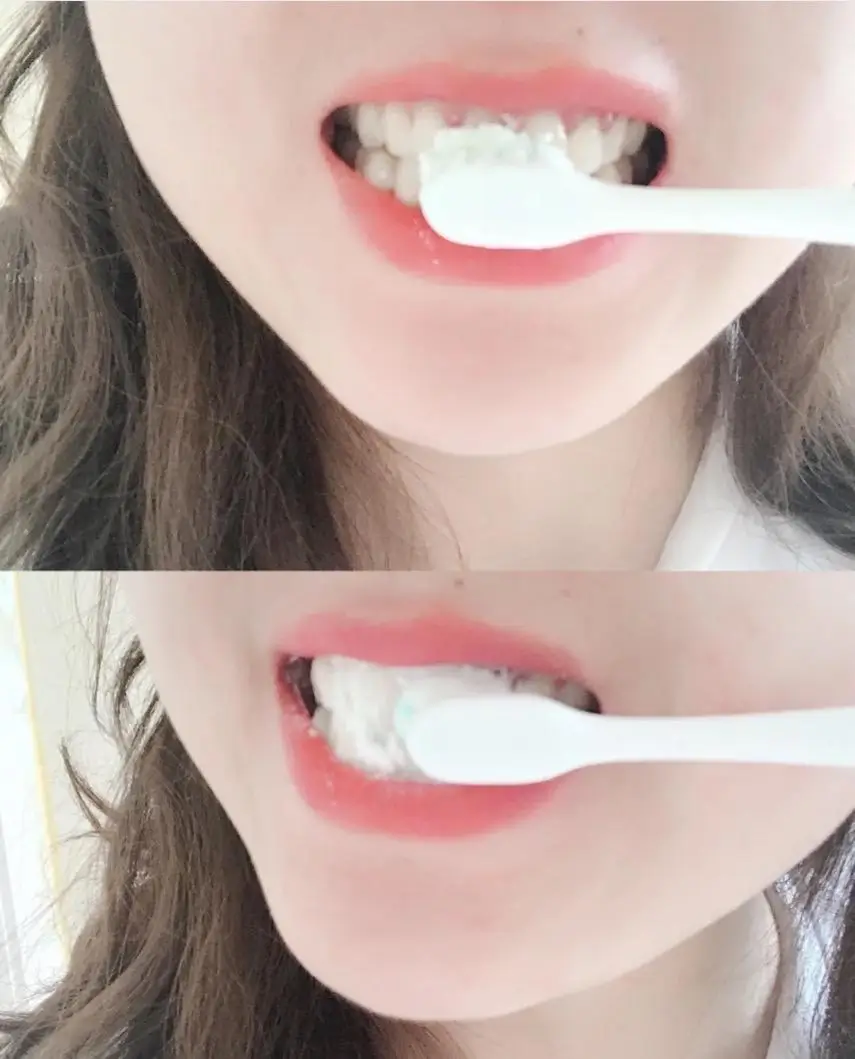
.
- Confirm equipment: For root canals, ask if they use a rubber dam and apex locator. For crowns, check if they offer digital scans (intraoral scanner) and in‑house CAD/CAM for same‑day options.
- Verify timings: Implants usually need 3–6 months for osseointegration. Don’t plan full mouth work in a 5‑day trip.
- Insurance and billing: Big hospitals sometimes do direct billing with global insurers; most clinics will give a detailed receipt for you to claim. Thai social security is for registered employees at network hospitals, not typically for private clinics.
Typical price ranges in Bangkok (guide only)
- Scaling and polishing: 800–1,800 THB
- Tooth‑colored filling: 1,000–3,000 THB per surface
- Root canal (molar): 8,000–15,000 THB
- Crown (PFM/ceramic/zirconia): 10,000–35,000 THB
- Dental implant (fixture only): 45,000–80,000 THB; implant + crown commonly 60,000–120,000 THB
- Whitening (in‑office): 6,000–12,000 THB
- Invisalign/clear aligners: 120,000–200,000+ THB depending on case severity
Prices outside Bangkok can be lower, but quality clinics in tourist hubs may be similar.
Booking tips locals use
- Message on LINE: Most clinics share a LINE ID. Send your concerns, photos, and any X‑rays in advance to get a rough estimate and duration.
- Timing: Avoid peak traffic by booking near BTS/MRT or off‑peak hours. Watch out for public holidays like Songkran and long weekends when schedules are tight.
- Documents and payment: Bring your passport if you’re a visitor. Most places accept cash, credit cards, and QR PromptPay. Some may add a small card fee—ask first.
- Appointments vs walk‑in: Walk‑ins are possible for simple cleaning, but book for specialist treatments. Some clinics request a small deposit to reserve long procedures.
Red flags to avoid
- Heavy upselling of veneers or cosmetic bundles when you came for a filling.
- No X‑ray before major work, or refusal to show images and explain.
- No visible sterilisation process or sealed packs.
- Unrealistic “lifetime” guarantees or too‑cheap implant packages with unclear brands.
- Only paid influencer posts, no real patient reviews.
Dental tourism planning 101
If you’re flying in, plan two trips for implants (placement, then crown months later). Crowns/bridges can sometimes be done in 1–3 visits if CAD/CAM is available. Don’t schedule big work the day before your flight—allow time for adjustments and any swelling. Choose accommodation close to your clinic (Sukhumvit, Silom, or Ratchada are convenient), and factor in Bangkok traffic if you’re not next to the BTS/MRT.
Should you choose a hospital or a private clinic?
- Go hospital if you want sedation, multi‑specialty backup, direct insurance billing, or you’re managing medical conditions.
- Go private clinic if you want competitive pricing, flexible hours, and a specific specialist with a strong portfolio. For kids, look for pedodontists; for braces, an orthodontist; for complex root canals, an endodontist.
Simple step‑by‑step to get started
1) Shortlist 3–5 clinics near your BTS/MRT line or hotel.
2) Check licenses, dentist profiles, and detailed reviews.
3) Send a LINE message with your goals and any records.
4) Compare treatment plans and total time needed, not just price.
5) Book, arrive 10–15 minutes early, and keep all receipts.
Bottom line
Finding reliable dental clinics in Bangkok and across Thailand is very doable when you know what to look for: proper credentials, strict sterilisation, clear plans, and honest communication. Whether you’re in Thonglor, Silom, Chiang Mai, Phuket, or Pattaya, take a bit of time to verify the clinic, ask the right questions, and plan your visits around your travel schedule. With that, you’ll enjoy high‑quality care at fair Thai prices—and a much easier smile journey.
 collect
collect
Hospitals included




Products included
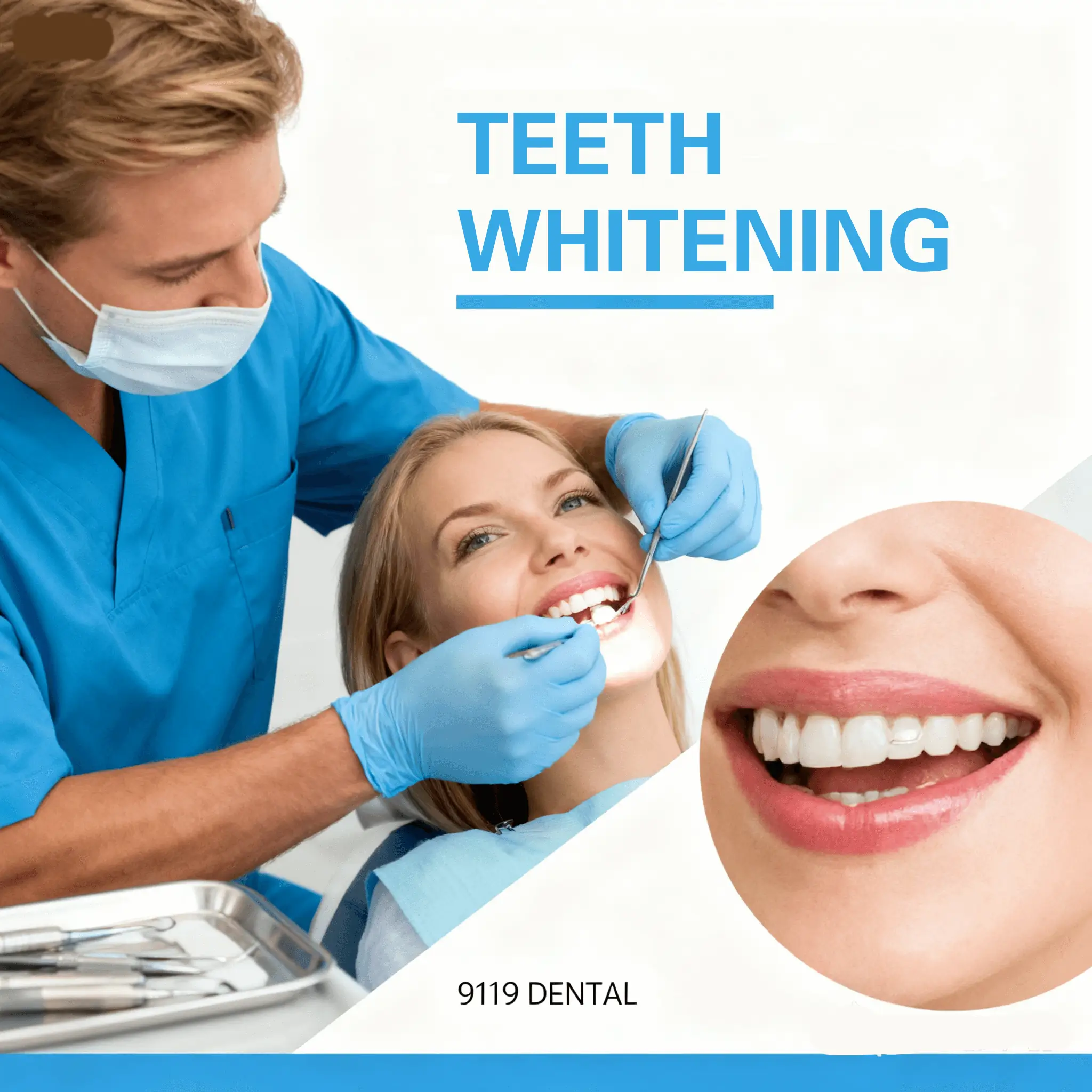
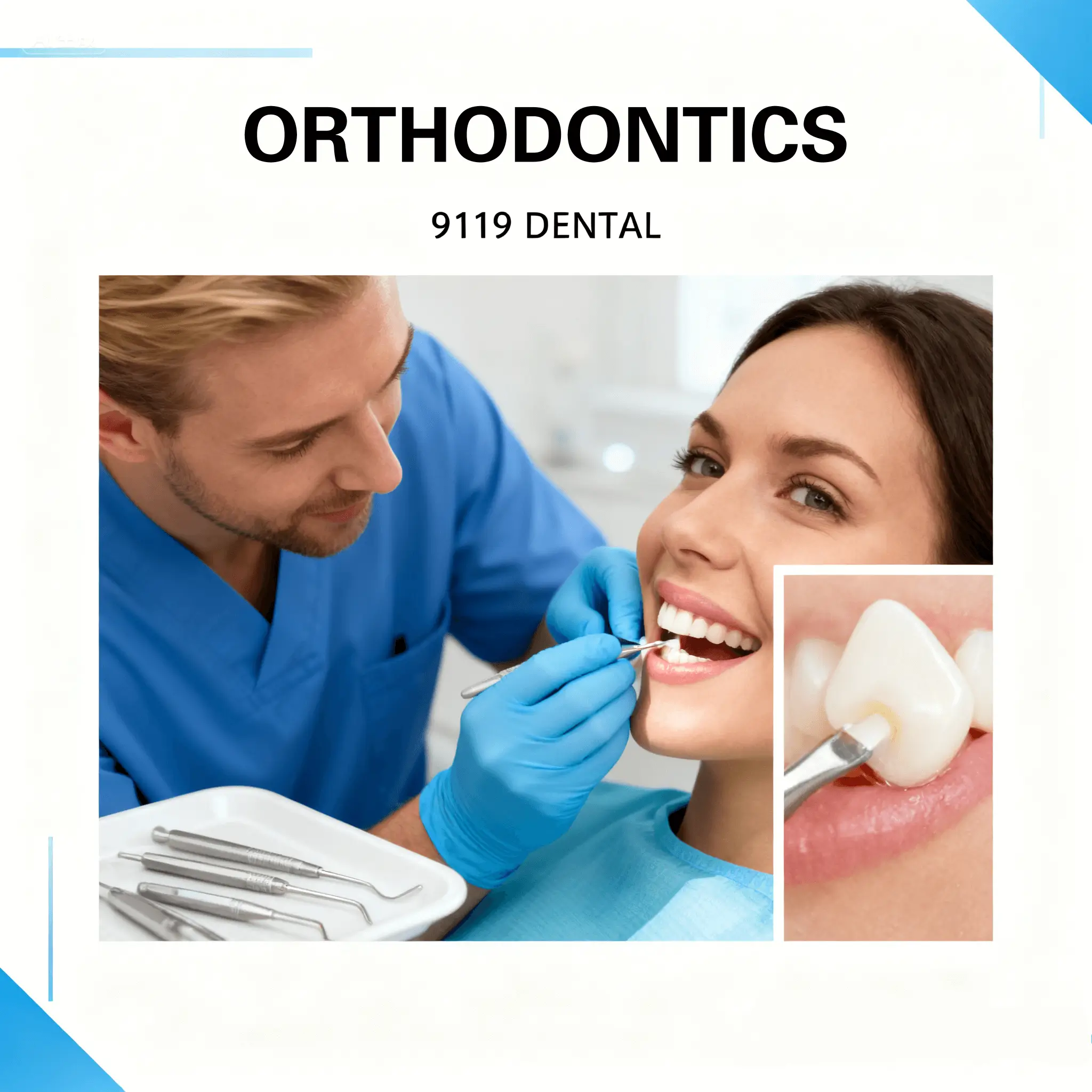
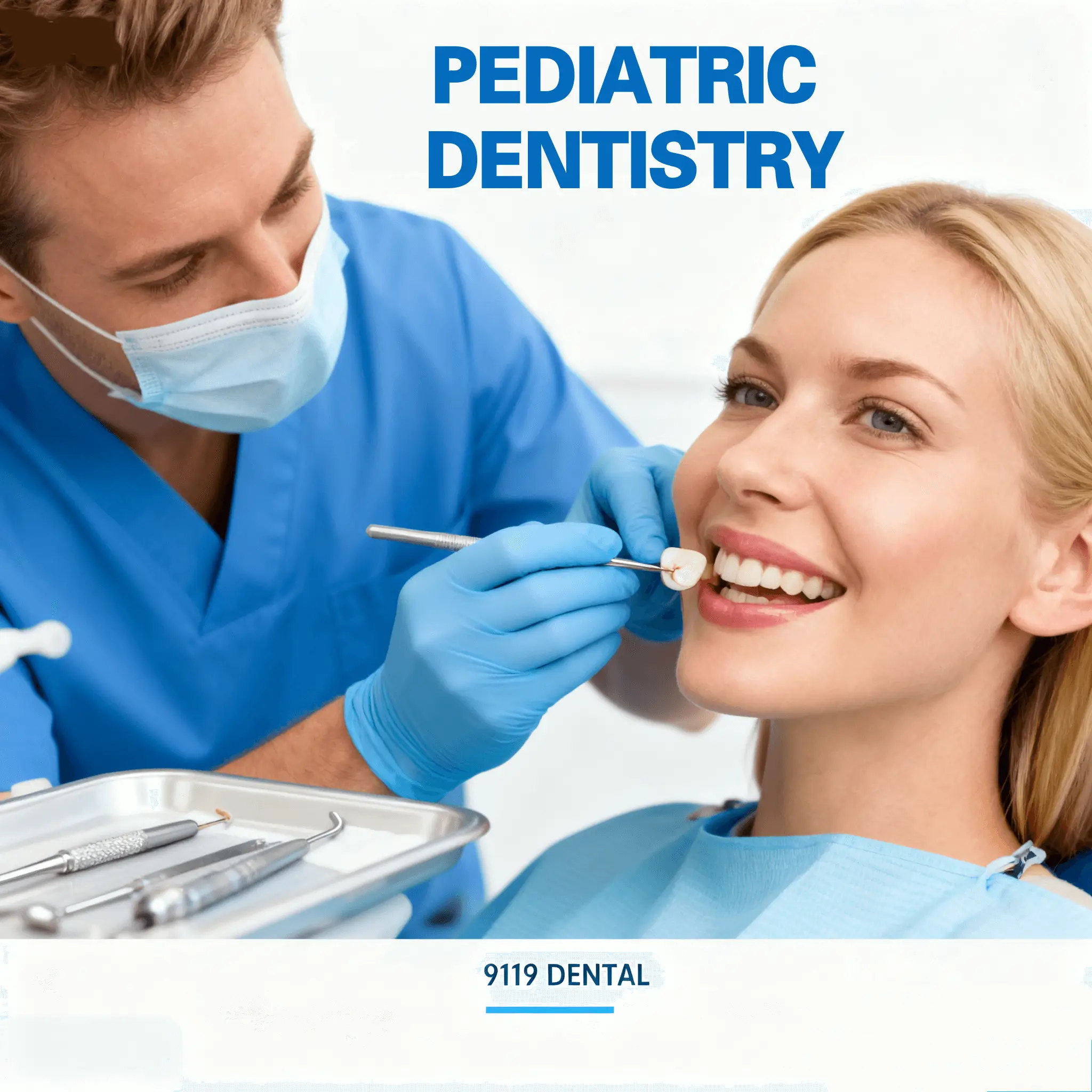
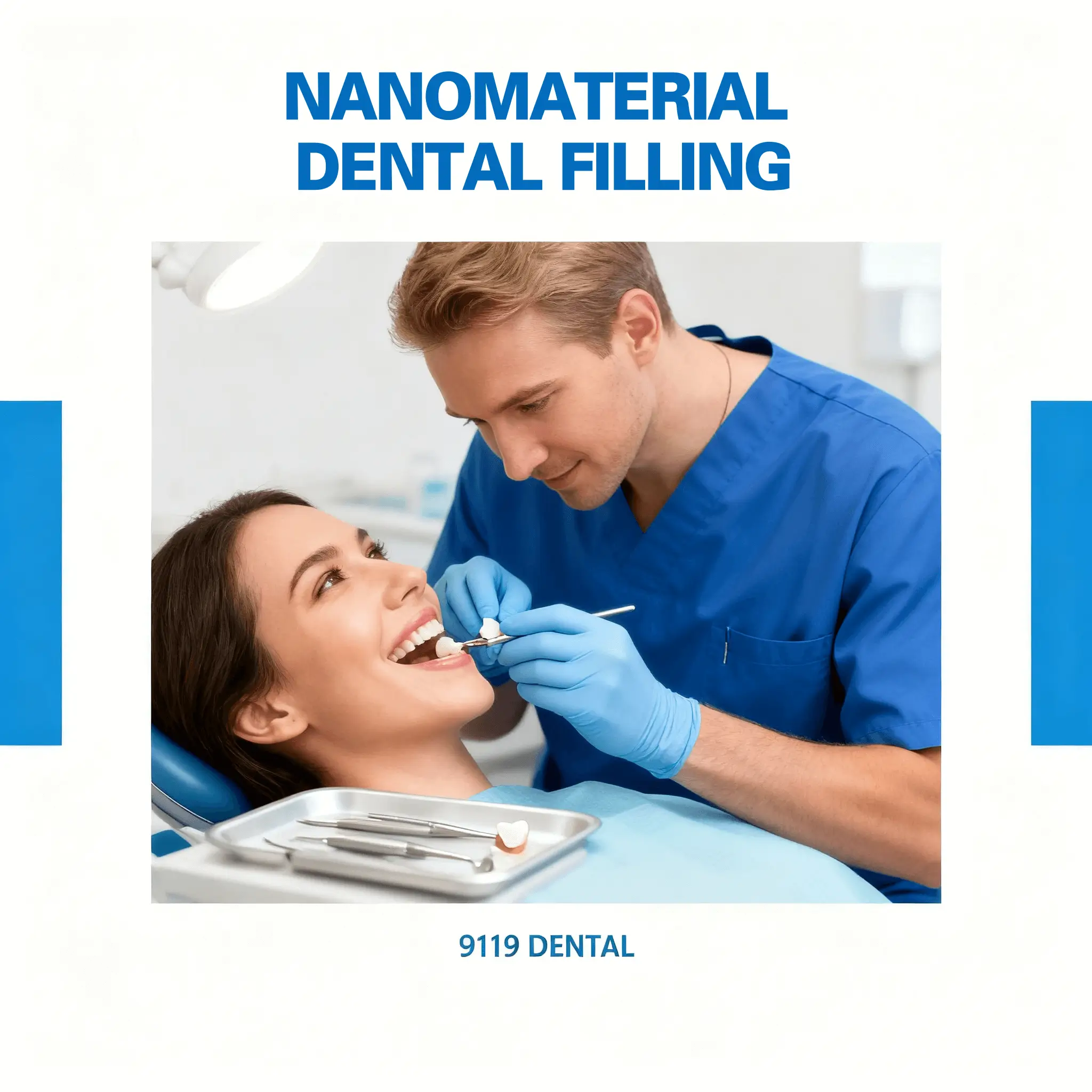
Suggested reads